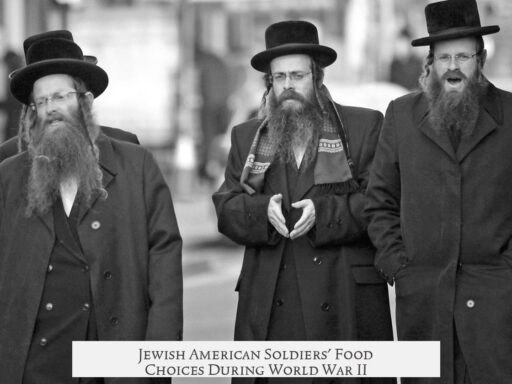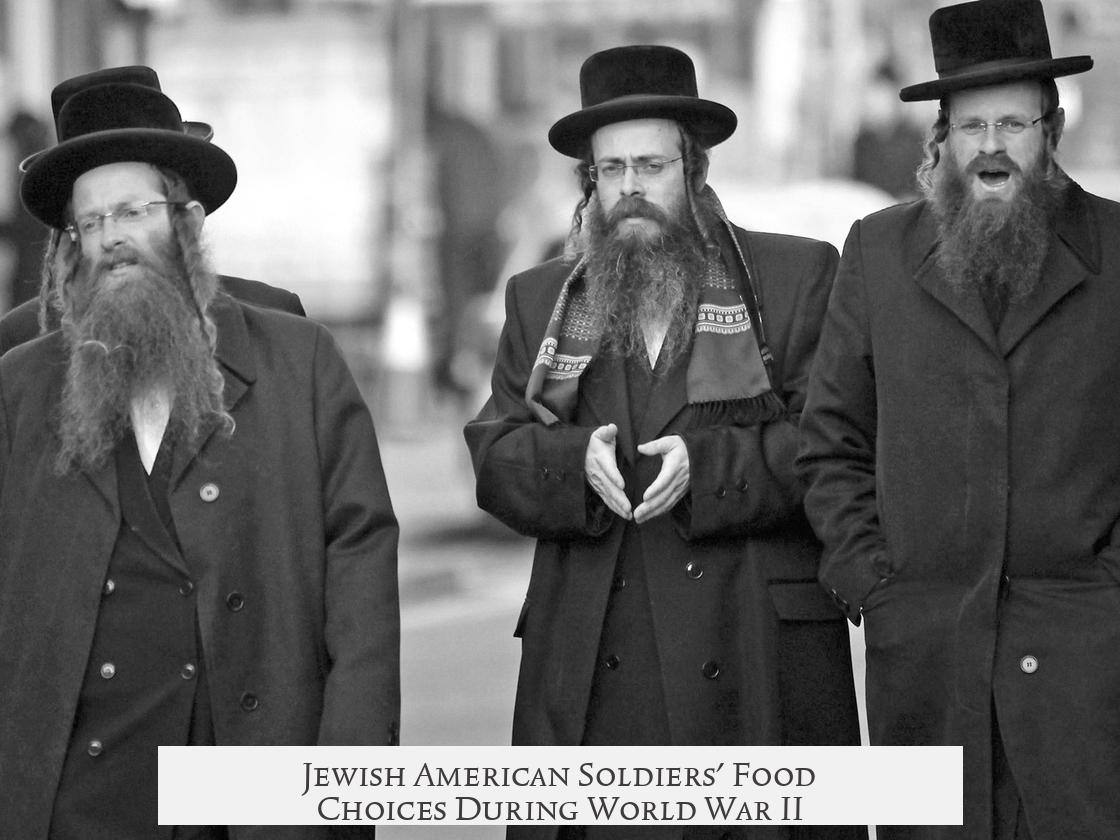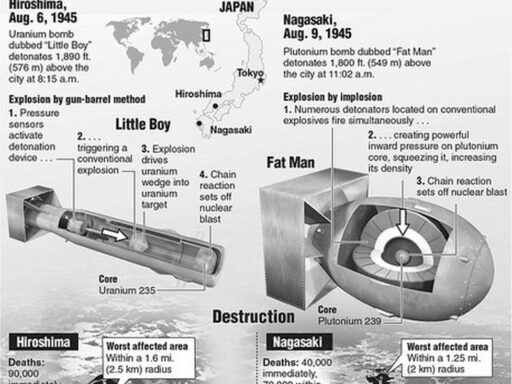Jewish American soldiers ate a mix of standard military rations and kosher foods during World War II, with observance varying significantly due to logistical and religious challenges. Most American Jews at that time did not keep kosher strictly, so many soldiers adapted to whatever food was available. However, tens of thousands observed kashrut and sought kosher options when possible.
Military rations included items like K-Rations, which often contained non-kosher foods such as pork products. For Jewish soldiers committed to kosher laws, this posed a problem. Jewish law allows suspension of dietary rules if refusal endangers life, like in combat situations. Thus, observant soldiers ate non-kosher items out of necessity when supplies were limited or during missions.
The U.S. Army found it difficult to fully accommodate kosher diets amid the complexities of war rationing. Strict preparation rules for kashrut complicated logistics, and the standardized rations did not cater specifically to religious diets. Some orthodox soldiers traded rations or received kosher food packages from home. New York delis promoted sending kosher delicacies like salami to boost morale.
- On base and during training, it was somewhat easier to maintain kosher diets, though options remained limited.
- The military provided essentials like yarmulkes, prayer books, and kosher foods for Jewish holidays.
- Rabbis served as chaplains, helping soldiers observe religious practices even in war zones.
- Slogans such as “Eat your ham for Uncle Sam” appeared to encourage Jewish soldiers facing these challenges.
The observance of Jewish holidays was supported through food and religious items. Kosher matzoh and other holiday staples were sent or distributed, especially during Passover. This fostered a sense of community and spiritual strength amid the hardships of war.
Overall, Jewish American soldiers managed their diet with flexibility, balancing religious adherence with the practical demands of wartime service.
| Aspect | Details |
|---|---|
| Kashrut Observance | Less than 20% strictly kept kosher; many adapted during service. |
| Military Rations | Standardized, often included pork; limited kosher alternatives. |
| Religious Support | Yarmulkes, prayer books, kosher foods supplied for holidays. |
| Morale Programs | Slogans and kosher food deliveries boosted spirits. |
- Most Jewish soldiers adapted to non-kosher rations due to supply limits.
- Life-threatening combat justified exceptions in kosher observance.
- Religious items and kosher foods were provided especially for holidays.
- The military struggled to cater fully to kosher diets but made some efforts.
What Did Jewish American Soldiers Eat During World War II?
Jewish American soldiers faced a unique culinary challenge during World War II: how to keep kosher—or not—while fighting far from home. The U.S. Army ration system wasn’t custom-built for religious diets, and many Jewish soldiers had to balance faith and practicality in the mess halls and foxholes. Let’s unpack the story behind their meals.
First, it’s essential to understand the backdrop: most American Jews didn’t strictly keep kosher. A 2020 Pew survey shows less than 20% keep kosher today, and it was no different in the 1940s. So, while tens of thousands of Jewish soldiers were kosher-observant—out of over half a million who served—most did not observe all dietary laws. Still, the kosher laws are complex, involving strict rules about forbidden foods like pork and shellfish, separation of meat and milk, and even how food is prepared.
This complexity became complicated by military logistics. Army rations—like the infamous K-Rations used by paratroopers—often included pork products and other non-kosher items. Imagine being dropped behind enemy lines in France, and the only meal you get is Spam or canned ham. Not exactly a kosher delight.
However, Jewish law offers some flexibility. In cases of danger or necessity, restrictions can be lifted, meaning survival trumps strict dietary observance. So, a kosher Jew in combat might have had to eat non-kosher food out of sheer necessity. For example, if a soldier was trapped or separated, their priority was to stay alive, and that could mean temporarily suspending kosher rules.
That said, when possible, the army and Jewish organizations tried to accommodate kosher needs. Training camps and base stations sometimes offered kosher meals, but this was the exception rather than the rule. The military’s standardized feeding system prioritized efficiency and supply chain simplicity. Catering to specific diets was just too difficult logistically. Still, mechanisms for support existed—home front families often sent care packages filled with kosher foods like salami, matzoh, and other delicacies. It wasn’t uncommon for soldiers to trade non-kosher items for kosher ones within their units or receive special deliveries.
And speaking of morale, food was more than just sustenance; it was a cultural anchor. According to Deborah Moore’s book GI Jews – How World War II Changed a Generation, slogans like “Eat your ham for Uncle Sam” kept spirits high—even if it meant setting aside religious traditions temporarily. Meanwhile, New York City delis launched campaigns with slogans like “Send A Salami to your Boy in the Army,” encouraging kosher treats to reach Jewish troops. It was a way of saying, “We see you, we support you.”
One might wonder, did these soldiers get to celebrate their holidays away from home? Amazingly, yes. The High Holidays—Yom Kippur, Rosh Hashanah, Passover—held huge significance. Army chaplains, Jewish welfare groups, and families coordinated to ensure soldiers had access to essentials like kosher food, prayer books (siddurim), and yarmulkes.
Shared holiday meals forged camaraderie among soldiers. Rabbis organized services on bases, and radio broadcasts allowed soldiers without access to join in remotely. These efforts boosted morale and reinforced the cause behind the war effort—protecting the freedom to practice faith without fear.
So, if you picture your average Jewish American GI during WWII, food was a balancing act. Not every meal was kosher, but faith and cultural identity never took a backseat. In training camps, kosher meals were sometimes available. On the frontlines, necessity dictated flexibility. And at all times, support systems tried to help soldiers uphold traditions whenever possible.
Let’s paint a quick table to clarify what Jewish soldiers ate and how diets differed:
| Situation | Food Availability | Kosher Observance Level |
|---|---|---|
| Training Camps & Bases | Some kosher options provided or arranged | Higher observance; kosher meals possible |
| Combat Zones & Frontlines | Standard military rations; often non-kosher (e.g., pork products) | Lower; food restrictions lifted if necessary for survival |
| Home Front & Packages | Care packages with kosher foods like salami, matzoh | Supplemented compliance; morale boosters |
Picking up a few nuggets here, one wonders how adaptability played into soldiers’ identity. How does one maintain faith when the field conditions make observance complicated? The answer lies in a mix of pragmatism with cultural pride.
In summary, while Jewish American soldiers faced significant challenges maintaining kosher diets during World War II, many did their best to balance religious laws with harsh realities. The military’s logistics rarely allowed full accommodation, yet community efforts and Jewish chaplains helped preserve morale and identity. Kosher observance fluctuated depending on circumstances but never disappeared entirely.
Would modern armies do better today? Absolutely, with more awareness and diverse diet options, but during WWII, Jewish GIs showed resilience, adapting and finding ways to honor their heritage even amid war’s chaos. That mix of survival and spirituality speaks volumes about the human spirit when the chips are down. And it all started around the mess hall table, with a simple meal seasoned by faith and hope.




